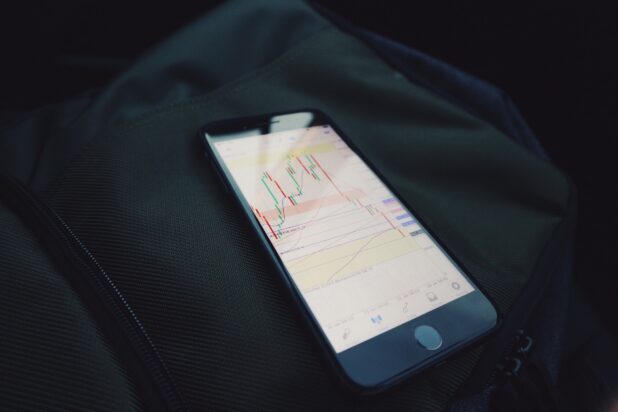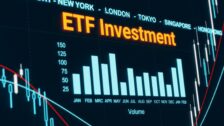Today’s Financial Planner Market Update
Where do markets go from here?
The final week of April left investors around the world with a conundrum: to follow markets, or the economic data?
Both the Dow Jones and S&P 500 delivered the strongest returns since 1987, increasing 11.2% and 12.8% respectively, driven by continued strength in the technology sector (more on this below). On the other hand, the first signs of the weakness of economic data were released in the US and Europe, where economic activity contracted 4.8% and 3.8%, respectively. Incredible stimulus from the likes of the Federal Reserve, Reserve Bank and European Central Bank have seemingly provided investors with confidence, in the short-term at least, but Friday’s circa 3% fall is likely a sign of things to come.
The Australian markets bore the brunt of the weakness and ramping of trade tensions between the US and China; in fact, Australia has become embroiled in the drama following various comments around the source of the COVID-19 outbreak. The ASX 200 fell 5% on Friday, driven lower by mining (-6.8%) and Energy (-6.2%) as investors once again grew wary of the potential delay in a recovery. The weakest performances came from Austal Limited, down 20% after the shipbuilding company announced it missed out on a major contract and both BHP Group Ltd (ASX: BHP) and Rio Tinto (ASX: RIO), amid concerns about the Chinese placing pressure on the Australian economy.
Reporting season continued in the US with the likes of Apple Inc and Gilead once again evidencing the importance of global diversification. Apple reported an increase in revenue in the March quarter, up 1% to $58.3 billion, along with a 6% increase in the dividend and the continuation of $50 billion in buybacks. The driver was Apple’s Services (including Store) and Wearables business (Watches and Airpods) which surged 18%.
Meanwhile, Gilead’s early treatment for COVID-19, remdesivir, was given emergency approval for human use by the US FDA after improving recovery times. On the other hand, Hertz rental cars filed for bankruptcy, along with clothing store J Crew, whilst Avis revenue is down 80% for the year.
In Australia, Unibail Rodamco (Westfield) announced rental payments from landlords are down some 80% on normal conditions. It is becoming clear that the traditional way of life is continuing to change.
This update was written by Drew Meredith, Director of Wattle Partners.
The final week of April left investors around the world with a conundrum: to follow markets, or the economic data?











